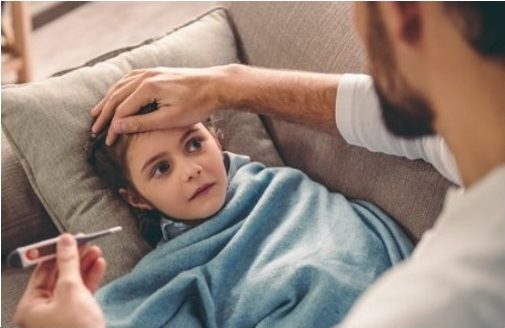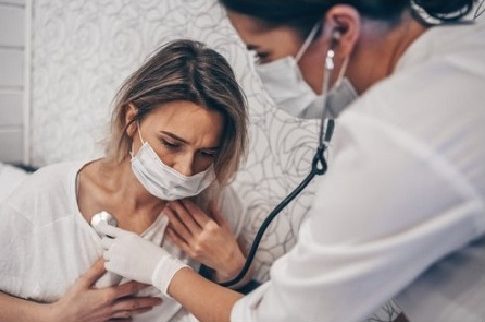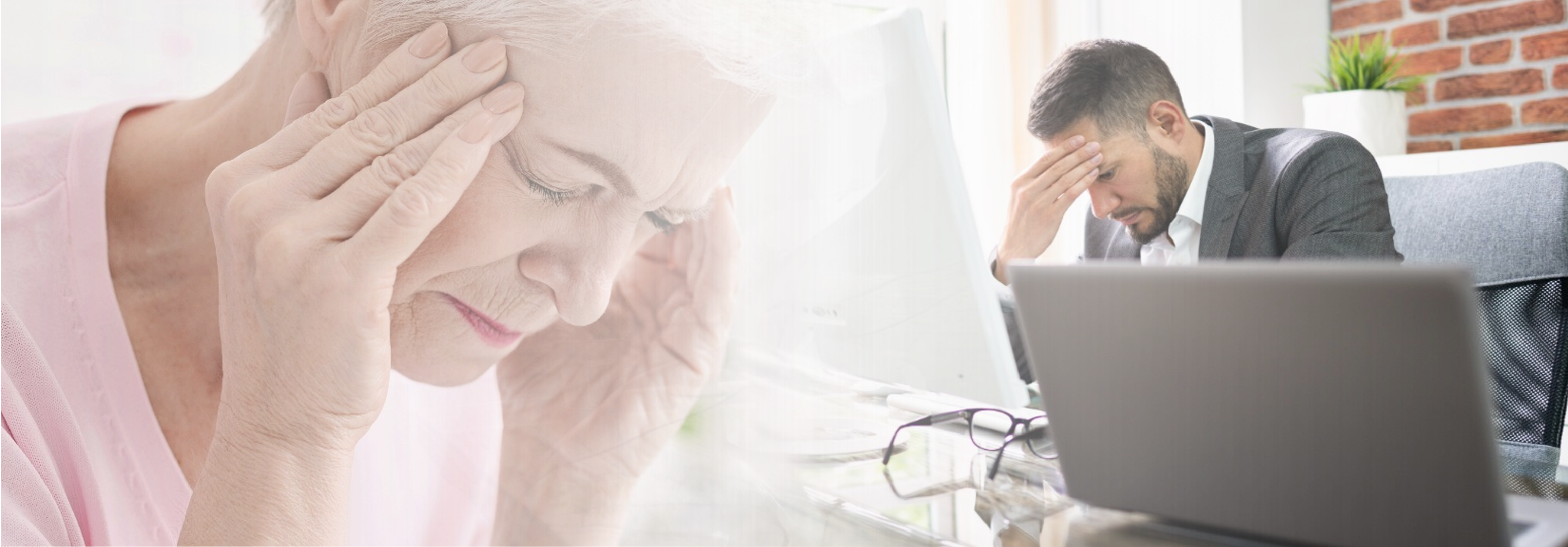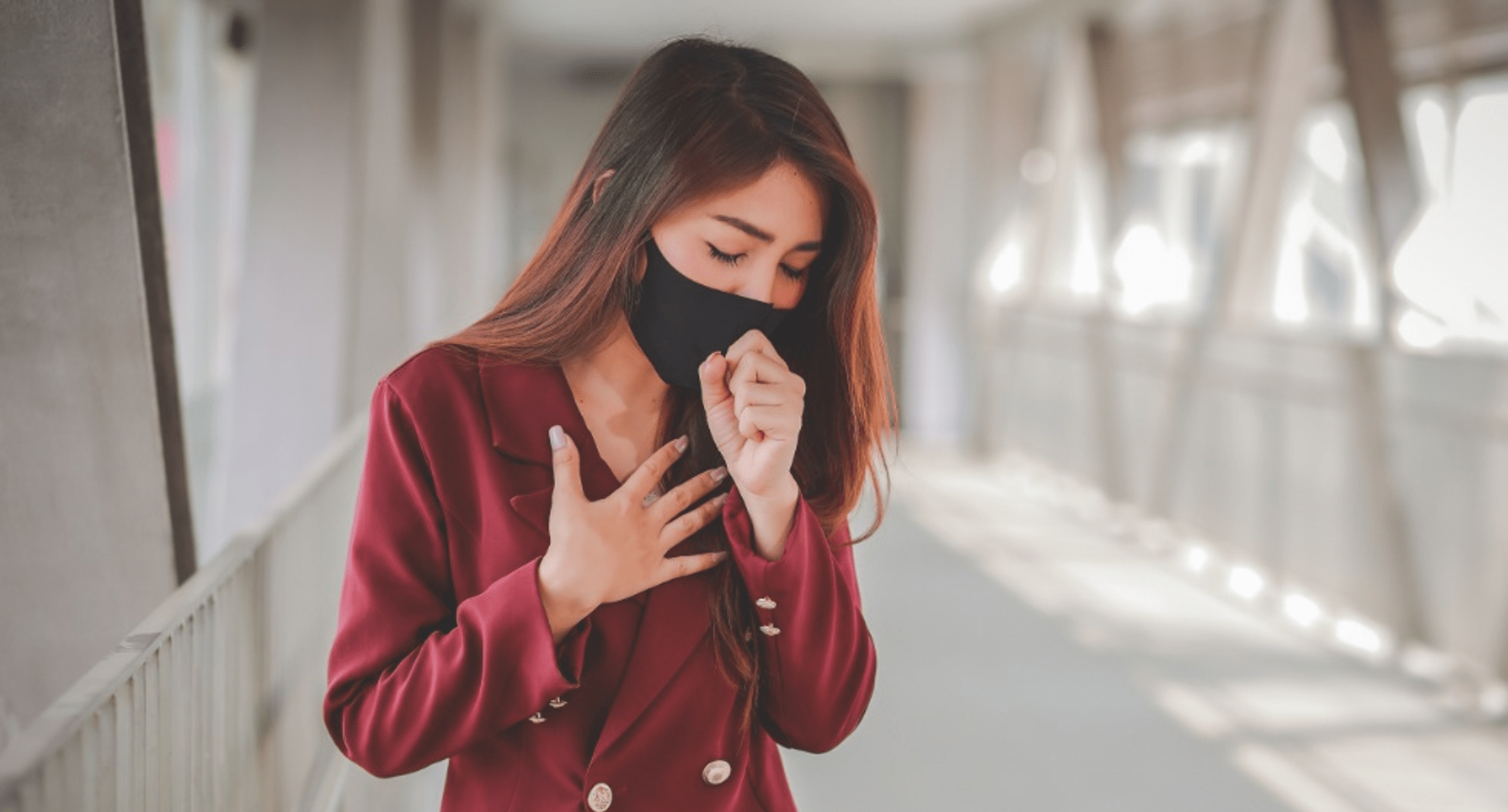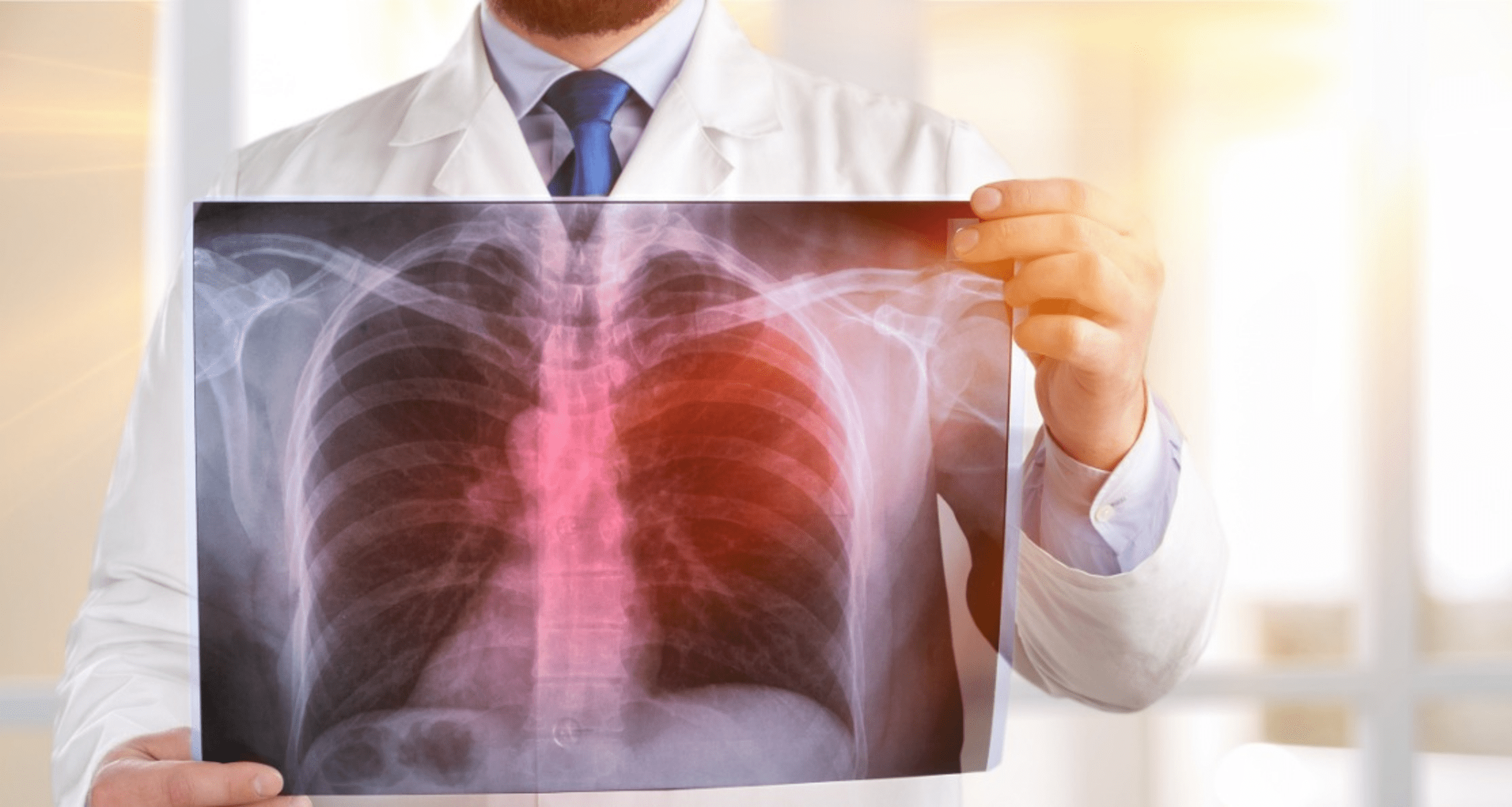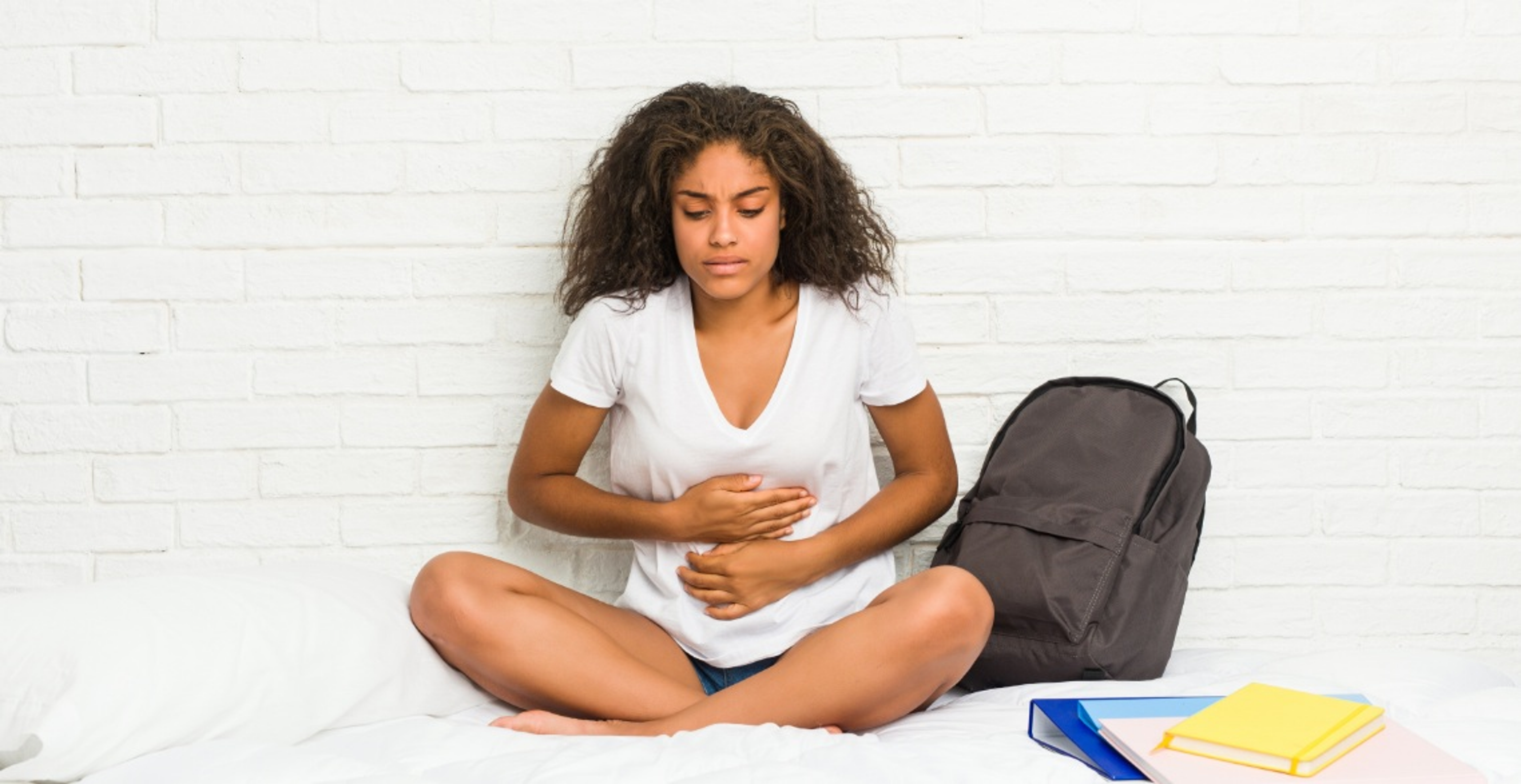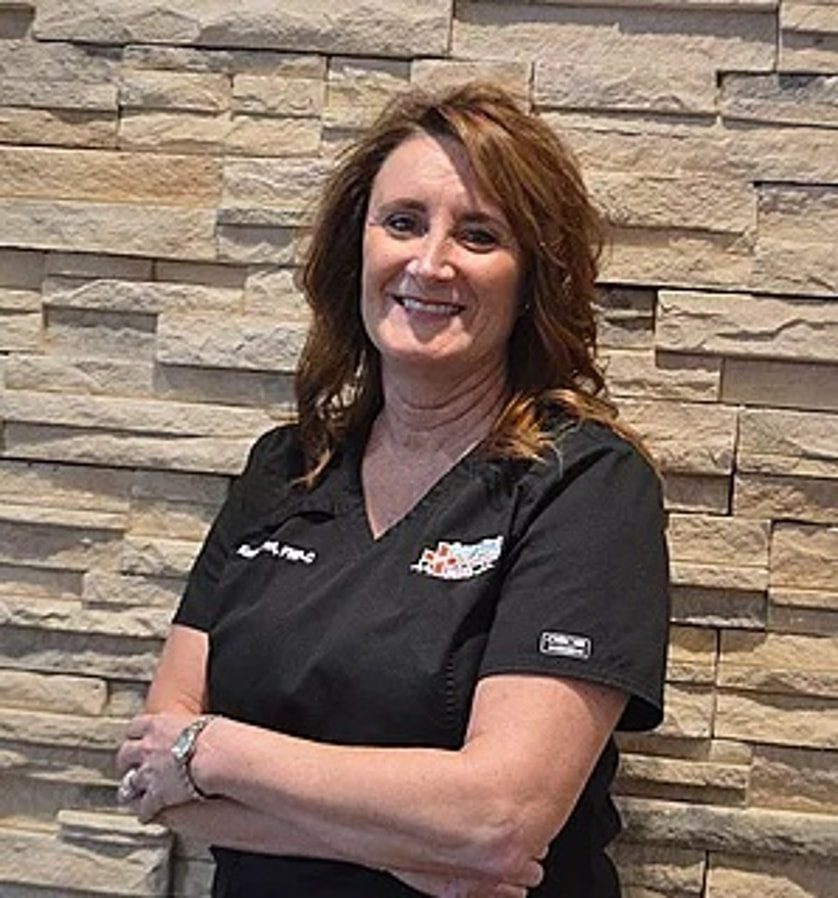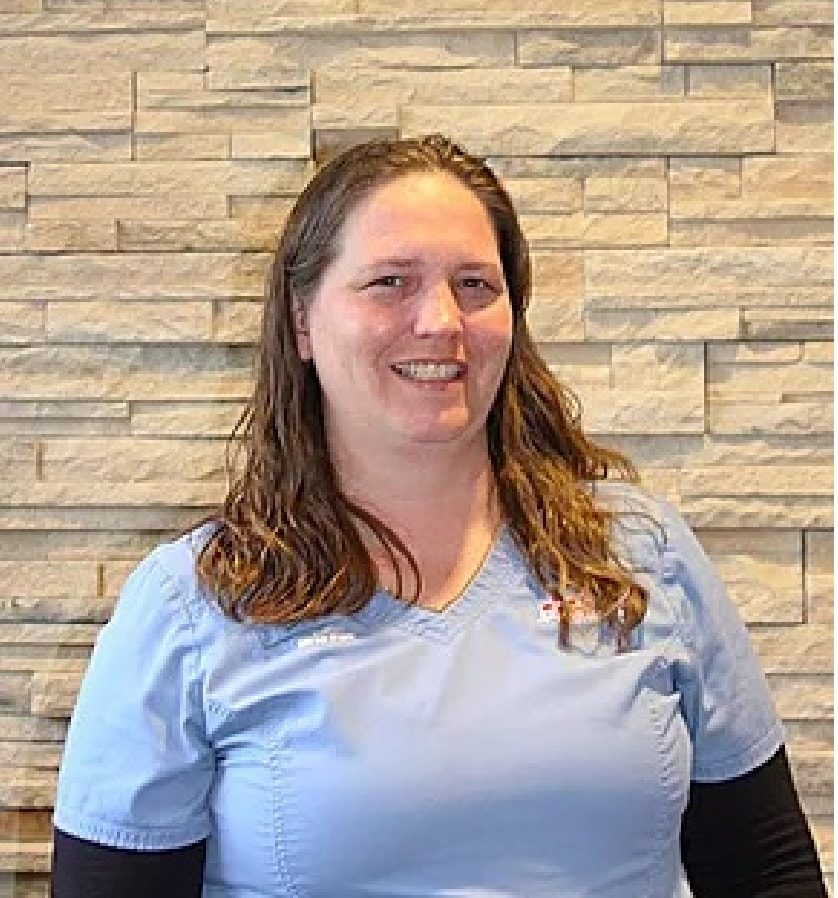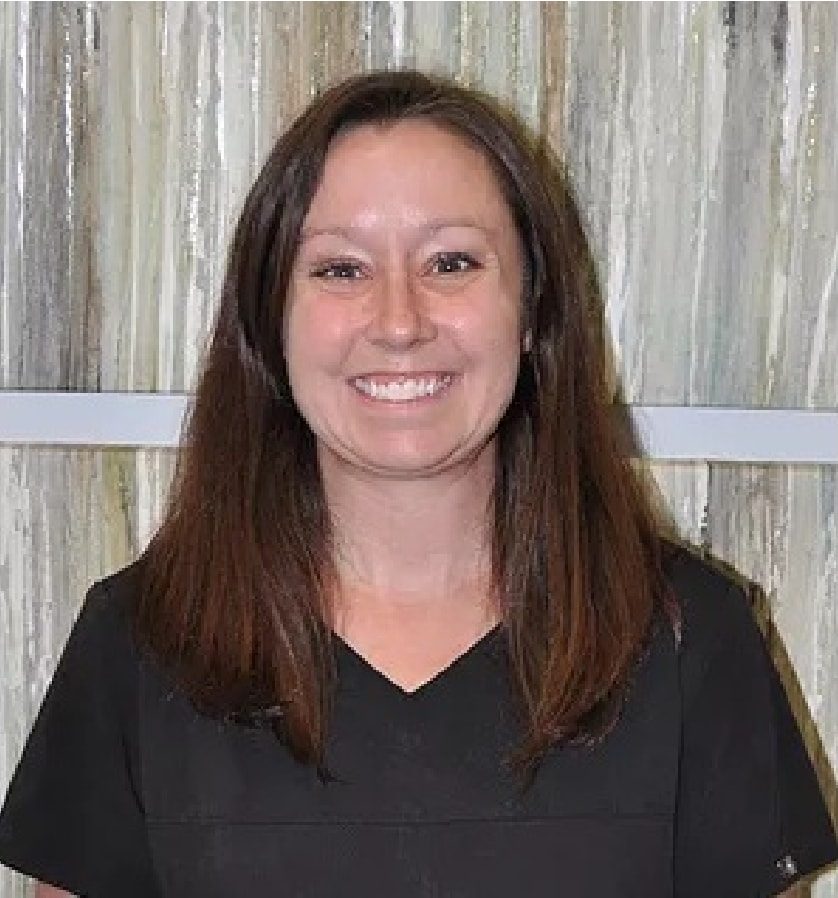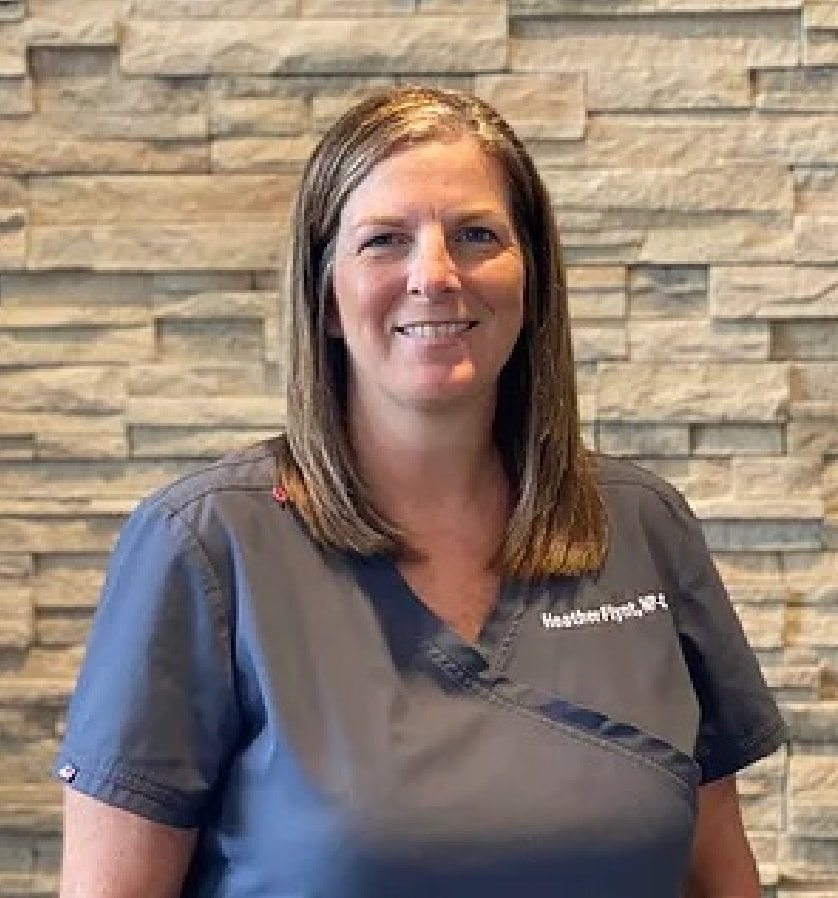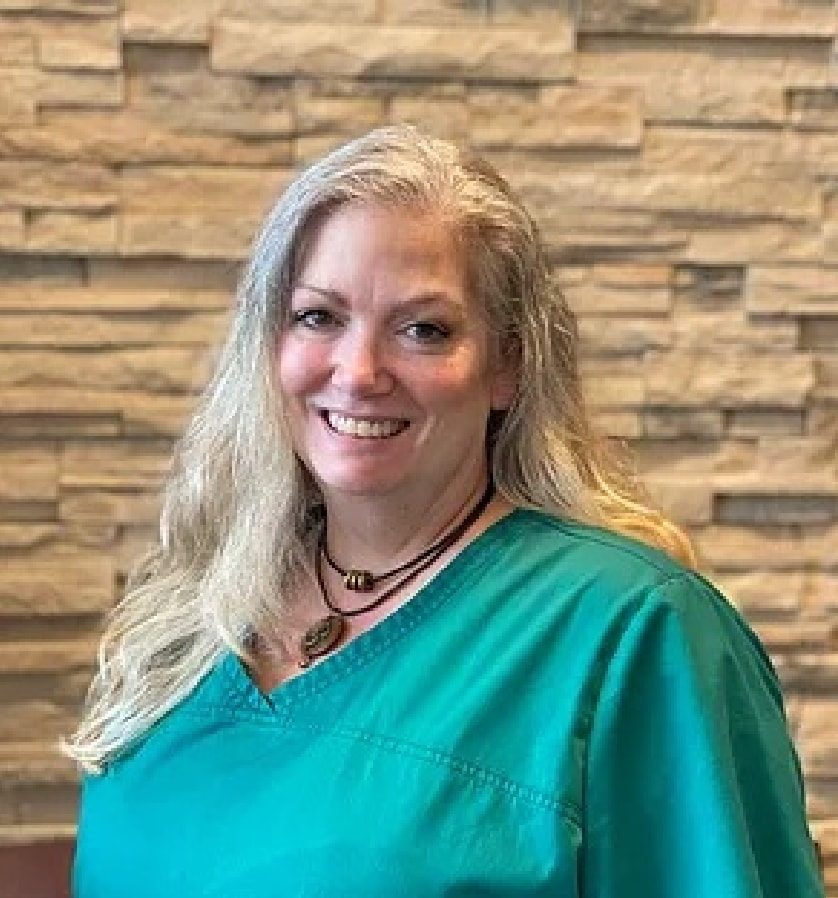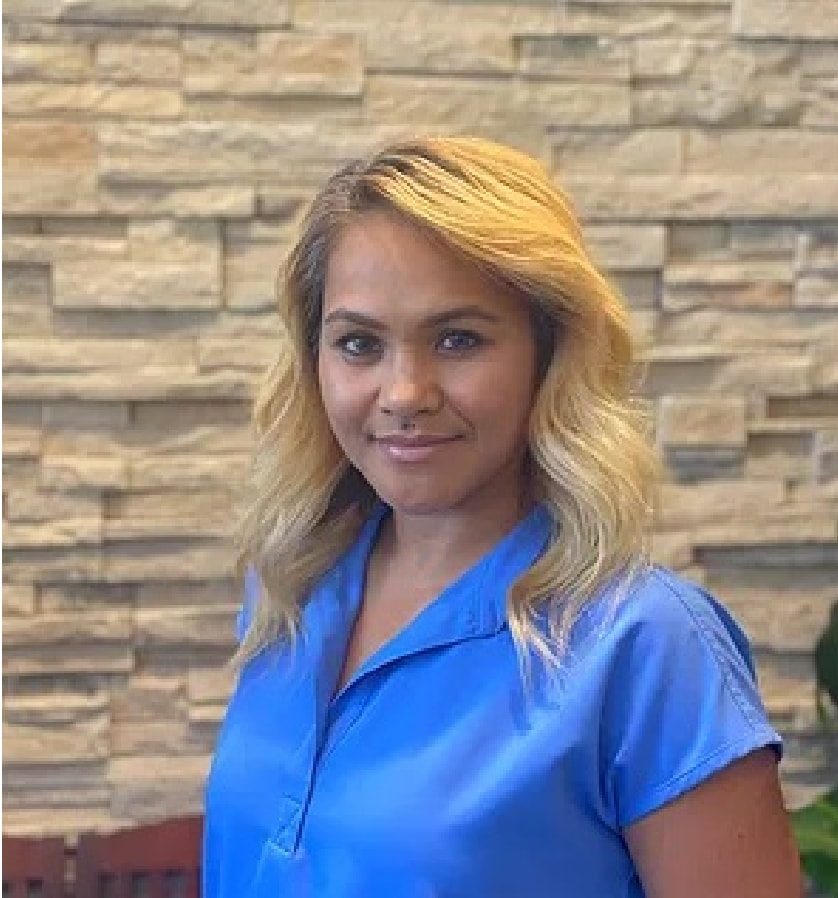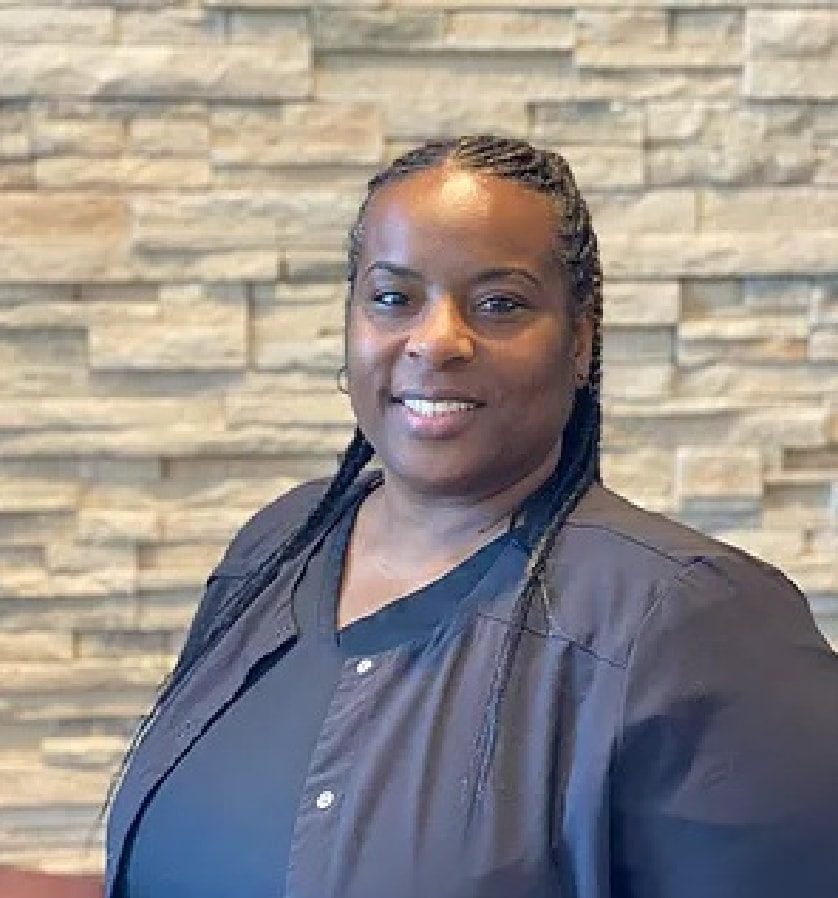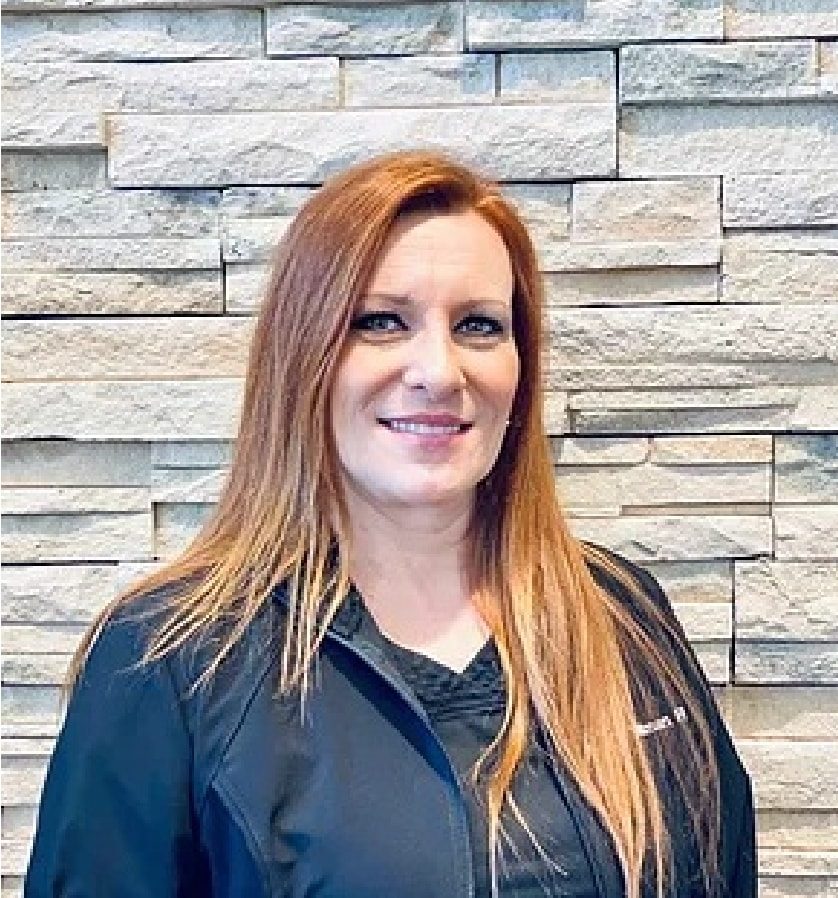
- Anyone with symptoms of COVID-19.
- Close contacts of known positive cases, regardless of symptoms.
- Get tested immediately if you are experiencing symptoms of COVID-19. If you do not have symptoms, you should wait at least six days after your last known exposure to COVID-19 before you get tested.
- Groups of some of the populations with higher risk of exposure or a higher risk of severe disease if they become infected. People in these groups should get tested if they believe they may have been exposed to COVID-19, whether or not they have symptoms.
- People who live in or have regular contact with high-risk settings (e.g., long-term care facility, homeless shelter, correctional facility, migrant farmworker camp).
- People from historically marginalized populations who have been disproportionately impacted by COVID-19.
- Frontline and essential workers (grocery store clerks, gas station attendants, child care workers, construction sites, processing plants, etc.)
- Health care workers or first responders.
- People who are at high riskof severe illness:
- 65 years of age or older
- Lives in a nursing home or long-term care facility
- Is pregnant
- Is a smoker
- Has a high-risk condition that includes:
- Cancer
- Chronic kidney disease
- Chronic Obstructive pulmonary disease (COPD)
- Heart conditions, such as heart failure, coronary artery disease, or
cardiomyopathies - compromised immune system from solid organ transplant
- obesity - body mass index (BMI) of 30 or higher
- sickle cell disease
- Type 2 diabetes
- People who have attended protests, rallies, or other mass gatherings could have been exposed to someone with COVID-19 or could have exposed others.
Most people who get COVID-19 recover without needing medical care. If you are experiencing severe, life threating symptoms (for example, severe difficulty breathing, altered thinking, blue lips), seek immediate medical care or call 9-1-1.
COVID-19
Information Links





